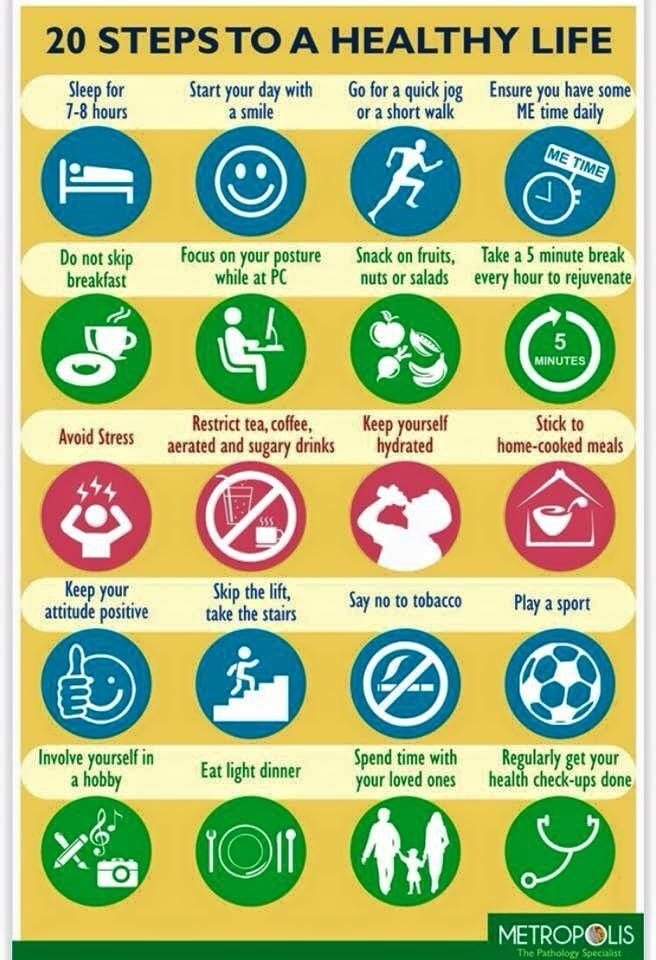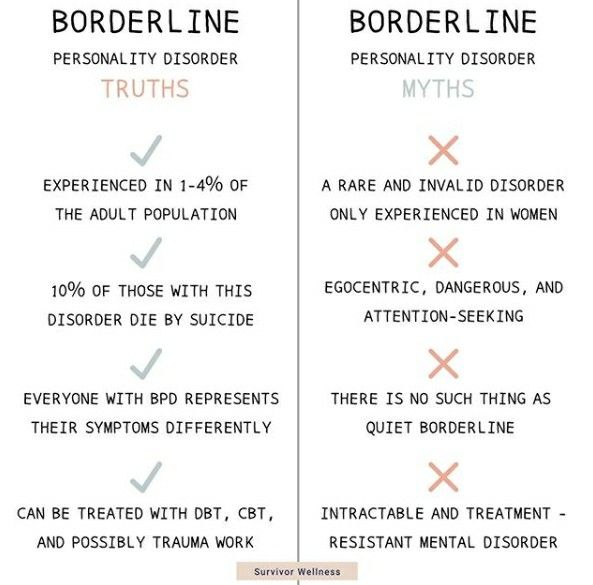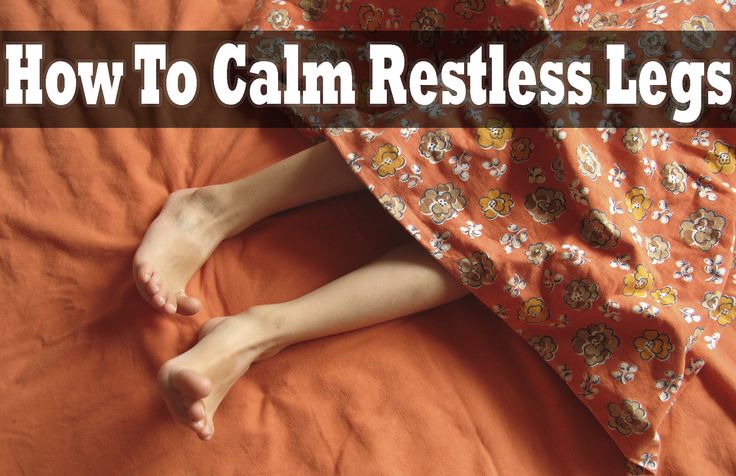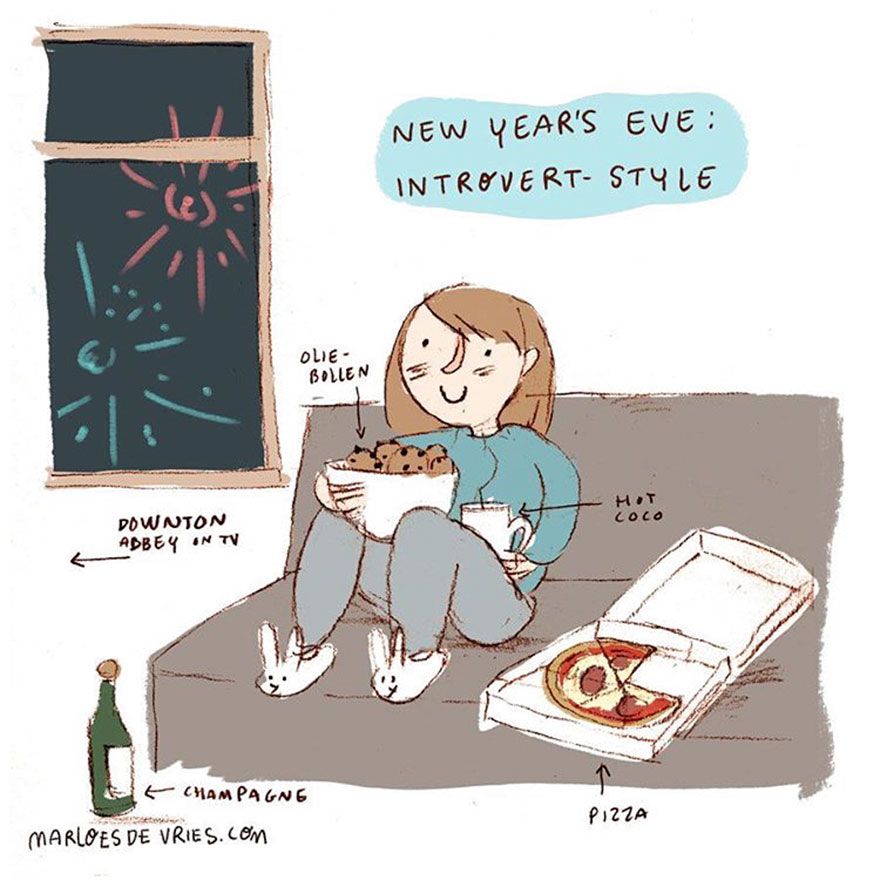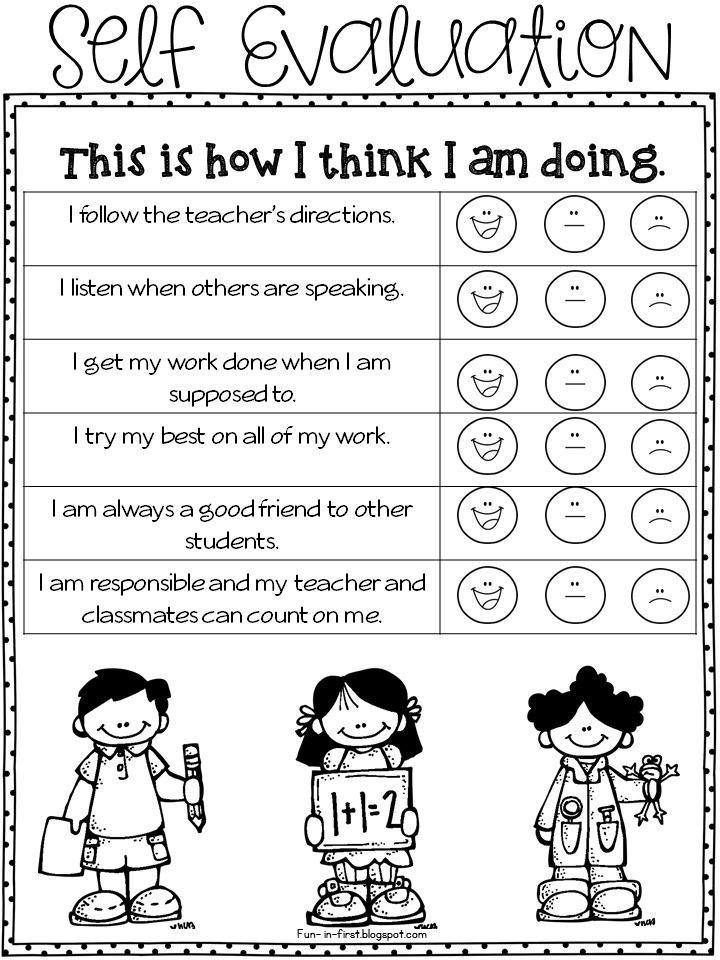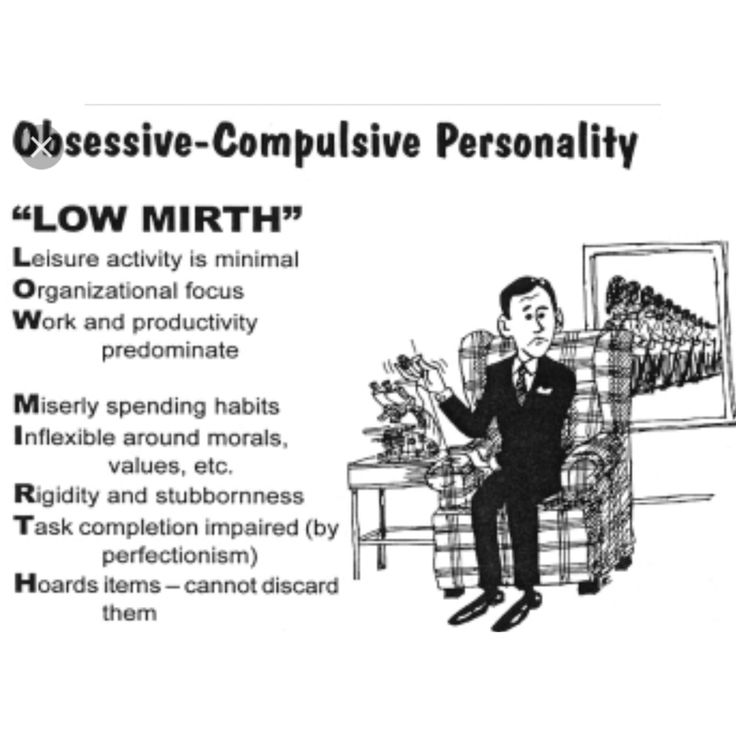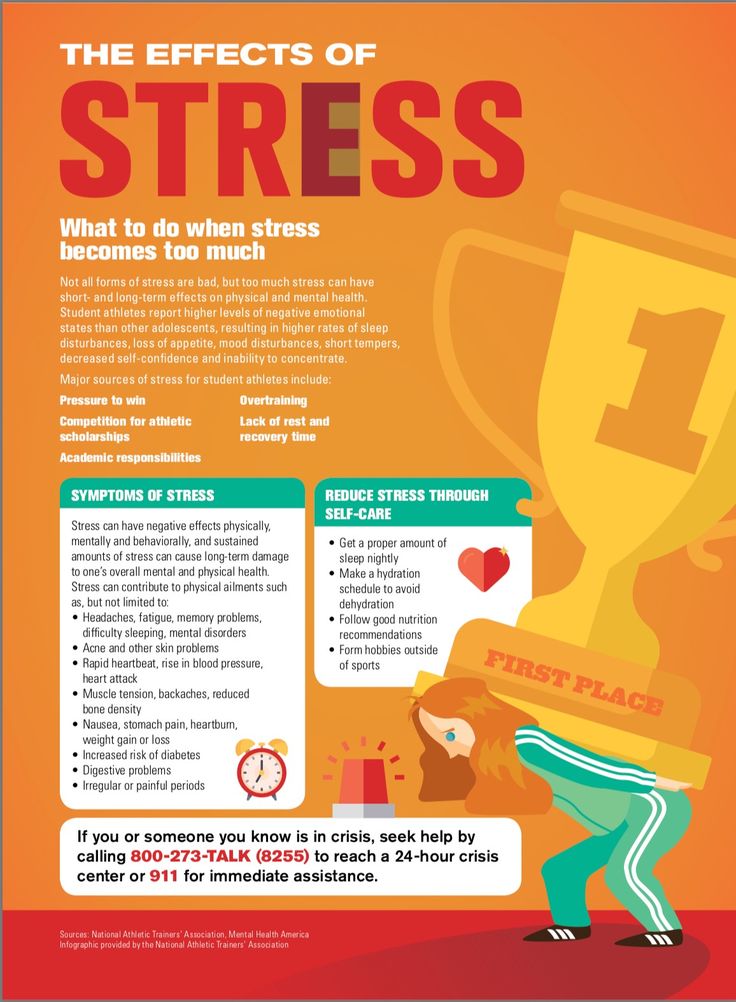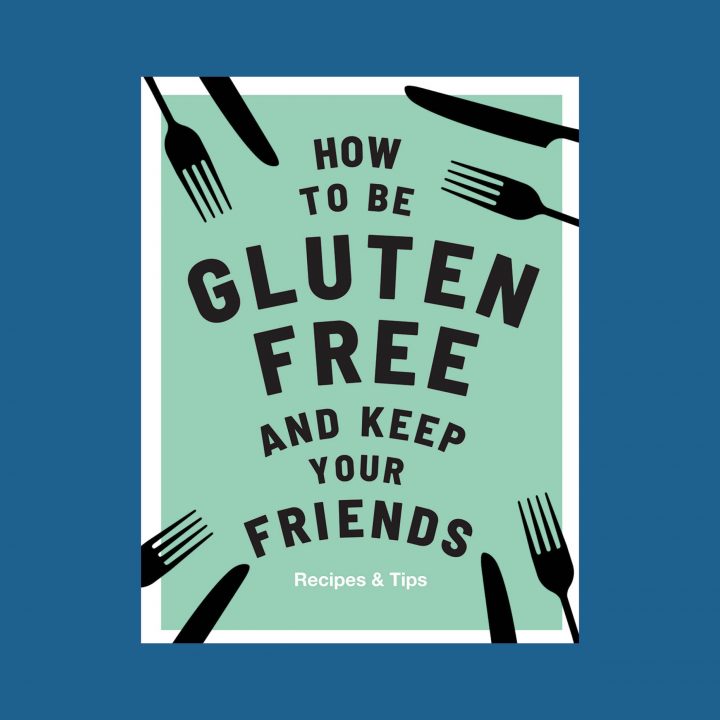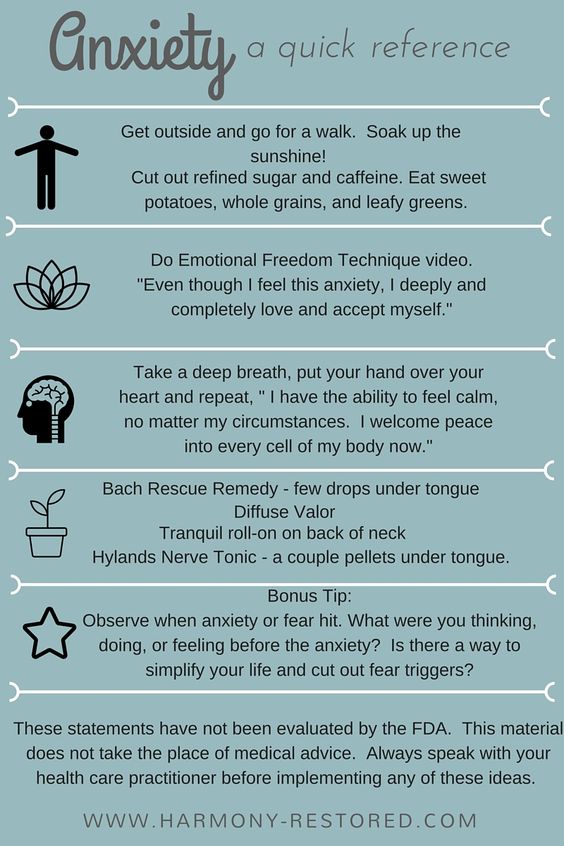Healthy detachment in marriage
How to Protect Yourself in a Difficult Relationship
You can get a lot of advice on how to leave an unhappy relationship, but what if you can’t leave or want to stay in the relationship?
It’s not so easy to end a troubled relationship with a life partner, sibling, adult child, parent or other family member. Even if you’ve left a former partner, you may still be raising children together.
So how do you protect yourself from someone who is demanding, deceitful, and blaming? What do you do with someone who has no regard for your feelings? How can you put a healthy distance between you and family members who leave you exhausted from their criticism, negativity, or constant need for attention?
The answer is to detach yourself in a way that’s compassionate, but helps to protect you from further harm. Compassionate detachment means claiming your right to defend yourself from controlling, manipulative, or abusive loved ones. It means treating them with love and respect, but not taking responsibility for their emotional immaturity and poor choices.
Being a good spouse, parent, sibling, daughter, son, or friend doesn’t require constantly putting your needs aside or cleaning up messes made by others. Compassionate detachment is not abandonment. It is refusing to get caught up another’s victim mentality or sense of helplessness. There is no shame in distancing yourself from someone who is draining your life forces.
Understand that no matter how much you try to appease controlling loved ones, you will never fill the hole in their emotional buckets. Controlling people often feel a deep sense of inadequacy. They have been conditioned to get their way by dominating others. Feeding their destructive behavior encourages more of it. You can still treat them with love and respect while holding boundaries against their hurtful conduct.
By practicing compassionate detachment, you no longer feel you have to disregard your needs and desires to appease another. You can stop making choices and shaping your life according to how another will react. You can avoid much of the anxiety and stress that comes with being under another’s rule.
You can stop making choices and shaping your life according to how another will react. You can avoid much of the anxiety and stress that comes with being under another’s rule.
Some of the ways to practice compassionate detachment:
- Refuse to engage in a conversation with someone who is being irrational, disrespectful, or hostile.
- Don’t allow someone to affect your moods, thoughts, preferences, opinions, or plans.
- Realize that you are not responsible for the shortcomings, failures, and poor choices of others.
- Understand that you are not being selfish when you protect yourself from someone who hurts you.
- Accept that you can still love someone and need to protect yourself from him or her.
- Recognize that you deserve to be loved, respected, and treated with kindness.
- Focus on the opportunities you have for fulfilling your potential and creating the life you want.
Practice tough love by allowing loved ones to suffer the consequences of their choices. You express concern for their predicament, but you are not invested in the outcome. You help them by allowing them to resolve their own issues.
You express concern for their predicament, but you are not invested in the outcome. You help them by allowing them to resolve their own issues.
Compassionate detachment can be difficult at first until you learn how to do it. You may feel a great deal of emotional pain and confusion about what to do. Memories of happier times in the relationship keep you stuck in the hope that things will improve. Accepting that you suffer a lot of pain and anguish in the relationship will help you to avoid false hope.
Detaching will be easier to do if you first gain insight into how you got involved with a controlling person. You may have patterns of enabling or submissiveness that were developed in childhood. You may have a hidden need to rescue someone to feel good about yourself. Ask yourself if you are using another person’s emotional issues to feed your own victim mentality. Therapy can help you to uncover what’s holding you in the relationship and overcome old and unproductive patterns and beliefs about yourself and others.
Detaching from a controlling loved one will not solve all the problems in your relationship. It’s not likely that you will be able to change anyone, but there is a greater chance for change if you don’t tolerate bad behavior.
When children are involved, your compassionate detachment from controlling family members will teach them how to handle tough relationships in their own lives. They will learn the valuable lesson that domineering or abusive behavior is not acceptable.
Compassionate detachment will help you focus on taking care of yourself. You will gain the self-respect, self-reliance, and confidence to forgive yourself for past mistakes and move on to a better way of living.
Filed Under: Uncategorized Tagged With: couples counseling, difficult people, family, Relationships
11 Loving Steps to Emotional Detachment in Marriage
If you are wondering how to practice emotional detachment in marriage, you have probably reached the end of your thread in your marriage. You have reached the end of your patience thread when it comes to enduring different kinds of emotional heartbreak in your marriage and you think you need to protect your heart while remaining in the marriage.
You have reached the end of your patience thread when it comes to enduring different kinds of emotional heartbreak in your marriage and you think you need to protect your heart while remaining in the marriage.
In order to become an emotionally detached wife or husband, it is important to focus your passions and energies elsewhere or with other people apart from your spouse. Sure, you might think this is easier said than done when you live with your spouse. This article will give you useful tips on how to emotionally detach from your spouse whether you are under the same roof or not.
Pin for later!First, what causes someone to become emotionally detached in their marriage?
Table of Contents
What triggers emotional detachment?The following points are some of the reasons why emotional detachment in relationships occurs. While this list is not exhaustive, you will find that one or more of these is more often than not the cause of a person emotionally detaching from their spouse.
- Past trauma or abuse. When past trauma or abuse is not dealt with in a positive way, a person may instead build emotional walls to prevent themselves from getting hurt again. These walls can result in emotional detachment in relationships. The emotional detachment becomes a crutch or a coping mechanism.
- Mental disorders. There are some mental illnesses that involve emotional detachment as a symptom. It is possible that an emotionally detached wife, for example, is behaving the way she is because she is experiencing a specific type of mental illness.
- Inability to express emotion. Some people just naturally find it harder to express their emotions than other people do. They may just find it easier to shut themselves off than to be vulnerable with others.
- Medication. Much like mental illness can lead to emotional detachment, some medications can also cause emotional detachment.
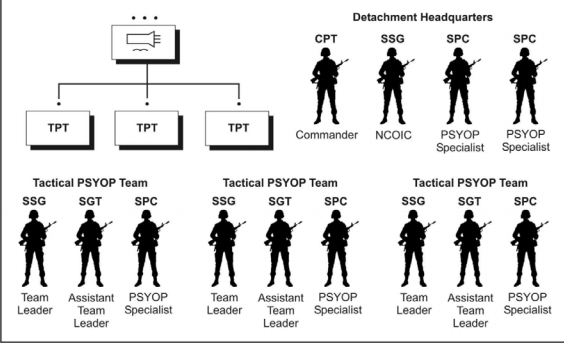 Emotional detachment in marriage can be triggered by certain types of antidepressants, for example.
Emotional detachment in marriage can be triggered by certain types of antidepressants, for example. - Lack of empathy. When one spouse is mentally unable to put themselves in the place of the other, they may resort to emotionally shutting down instead because they simply cannot understand their spouse.
RELATED: A lack of empathy in marriage
- Upbringing/childhood. Where one spouse did not grow up being shown much affection or did not experience much emotion from the people around them, it will be difficult for them to show any emotion towards others.
- Necessity. Sometimes, in marriage, emotional detachment can become necessary. It can become necessary to protect your heart and mind from frequent torture or abuse. Mainly when you cannot immediately abandon a toxic marriage. This can even be the case when your spouse is not toxic but simply not right for you and you still care for your spouse.
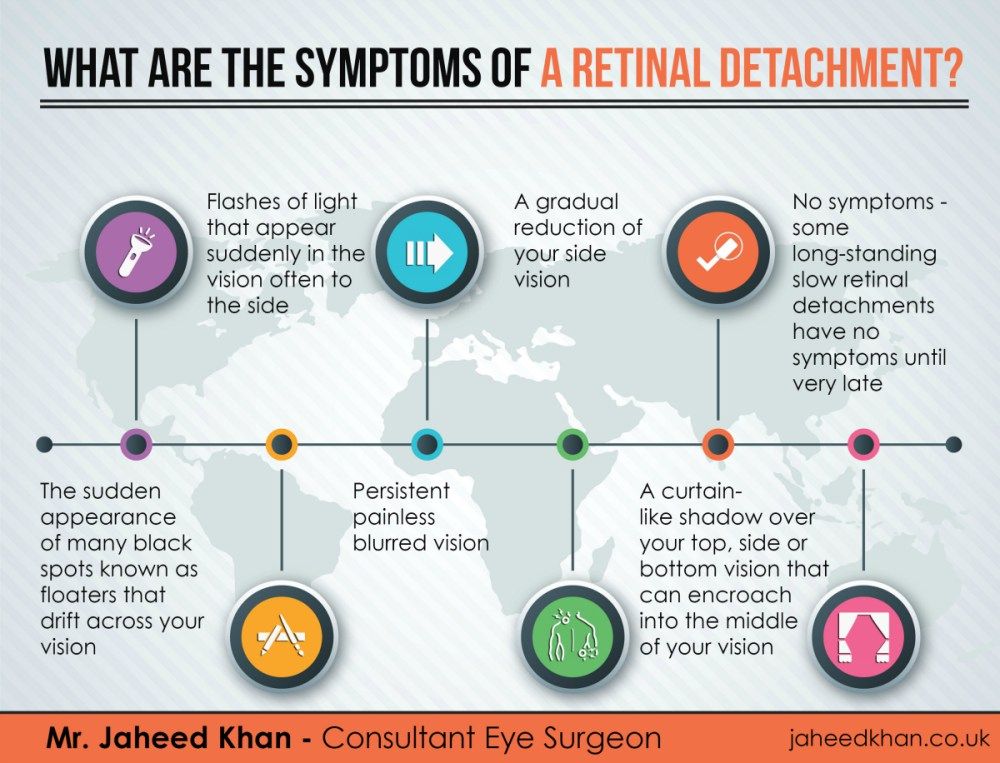 In this case, compassionate detachment in marriage may be required.
In this case, compassionate detachment in marriage may be required.
It is one thing to guess how to emotionally detach in marriage but a little more complicated to figure out how to practice emotional detachment in marriage in a loving manner.
Here are some steps to take:
1.
Do not give advice unless it is asked for.There is no need to insert yourself into situations or offer advice to your spouse unless it is absolutely necessary. For example, in a life or death situation.
2.
Express your feelings but sparinglyMake sure you let your spouse know exactly how you feel but try to do so in a few words and not too often.
3.
Understand that your feelings are real and validBe easy enough on yourself to acknowledge and validate your own emotions. You have real reasons for needing to become emotionally detached.
4.
Set boundaries.Yes, there is the emotional boundary around your heart that you are setting up. There will most likely be other boundaries that you need to set up as well in order to be successful in practicing emotional detachment in your marriage. There may be some physical or sexual and financial boundaries, for example, that you should consider setting up as well. If you are considering emotional detachment, your sex life is unlikely to be what it used to be anyway. Without any emotional intimacy, the chance of any qualitative physical intimacy is low.
5.
Keep a journalA journal will be a vital outlet for you. You need some other way of letting out your emotions than to your spouse. Practicing emotional detachment in marriage means that you are no longer able to express yourself to your spouse and you may find that you are initially constantly trying to stop yourself from sharing one thing or the other with them. A journal is a good way to vent and write down thoughts and feelings that you can no longer share with your spouse.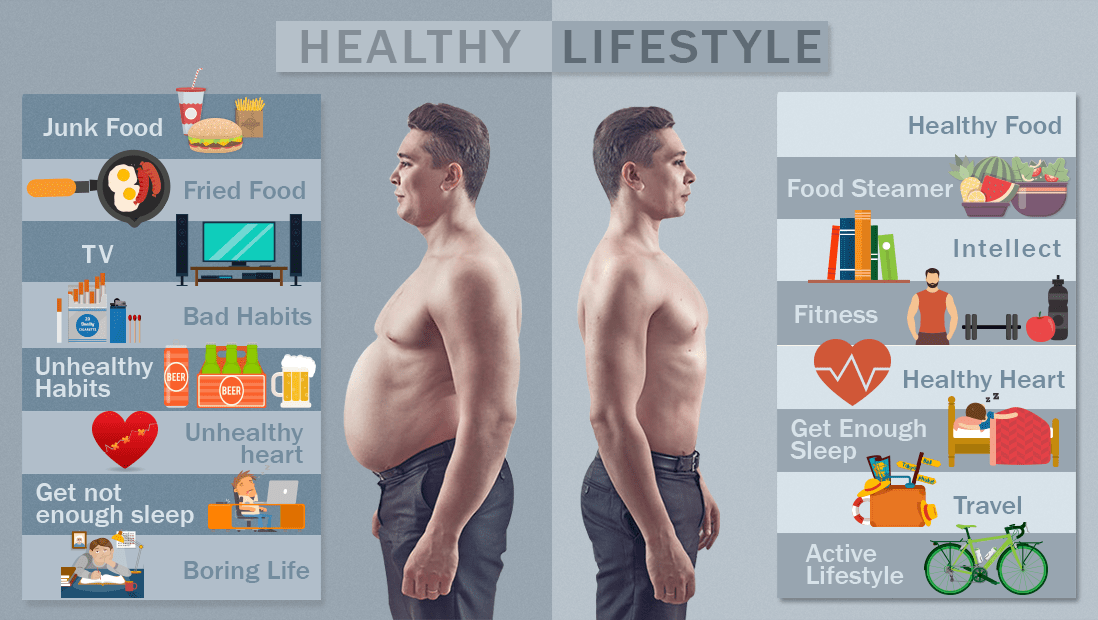
READ: The benefits of journaling
Photo by Ana Tablas on Unsplash6.
Expect nothingLet go of any expectation of your spouse. Do not expect them to change, to hear you out, to understand you or to empathise.
7.
MeditateThese times will be trying for you. Particularly initially, it might be extremely difficult for you to detach without being mean to your spouse. Meditation will help to centre you and bring you some peace.
8.
Be respectfulMaintain a level of respect for your spouse as a human being even if you cannot find any respect for them as a life partner.
9.
Focus on the nowStressing yourself out about the future or feeling anger, shame or sadness about the past is unhealthy.
10.
Find a hobby or hobbiesYou need to find areas in life where you can channel your passions.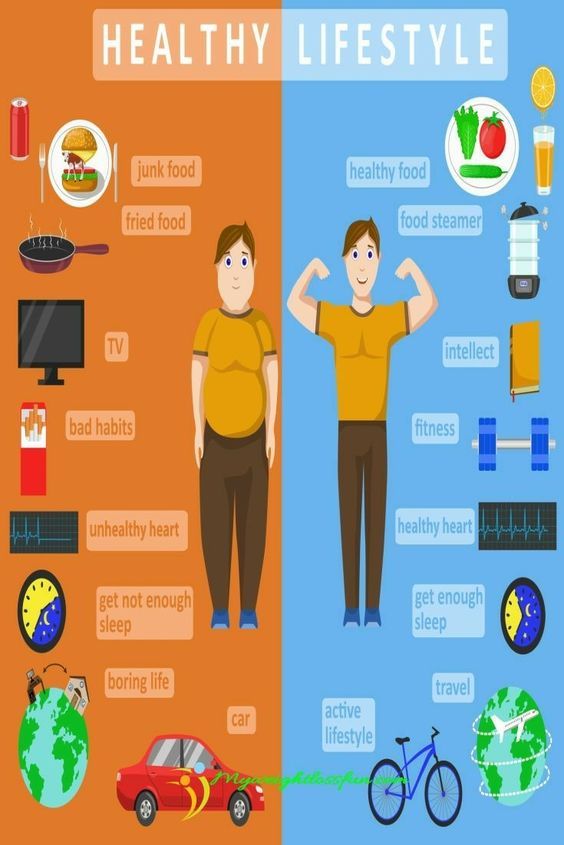 Do more of the things you love.
Do more of the things you love.
11.
Go back to your rootsIntentionally emotionally detaching in marriage unfortunately means you will be acting out a role that you did not intend to. You will be doing your best, at least initially, to ignore any feelings you have for your spouse. This means ignoring a part of yourself.
You therefore have to try even harder to be yourself in as many other aspects of your life as possible. Spend time with close friends and family and the people who know you best so that you do not lose yourself altogether.
Once you follow all or some of the steps above and are able to achieve emotional detachment, you will be able to enjoy the benefits of practicing detachment in marriage.
Pin for later!The benefits of emotional detachment in an unhappy marriage- Emotional freedom and independence. When you emotionally detach, you are in better control of your emotions.
 You are therefore also in better control of your reactions to negative situations. In addition, you gain independence because you are not relying on your spouse for any emotional support.
You are therefore also in better control of your reactions to negative situations. In addition, you gain independence because you are not relying on your spouse for any emotional support. - Resilience. In becoming more independent and knowing you cannot rely on your spouse anymore, you then also become resilient. You know that you have to be strong in order to survive and particularly if you have kids, you have to be strong for them as well.
- Personal time. You have more time to yourself to do with as you wish because you are no longer obliged to spend time with your spouse.
- Individuality. You spend more time on your own and therefore have more time to develop your own sense of individuality. This could mean positive changes to your personal style, for example. It could also mean rediscovering things about yourself that you loved but abandoned when you got married.
- Realism. Since you are now solely in charge of your wellbeing, you are forced to become more practical and more pragmatic.
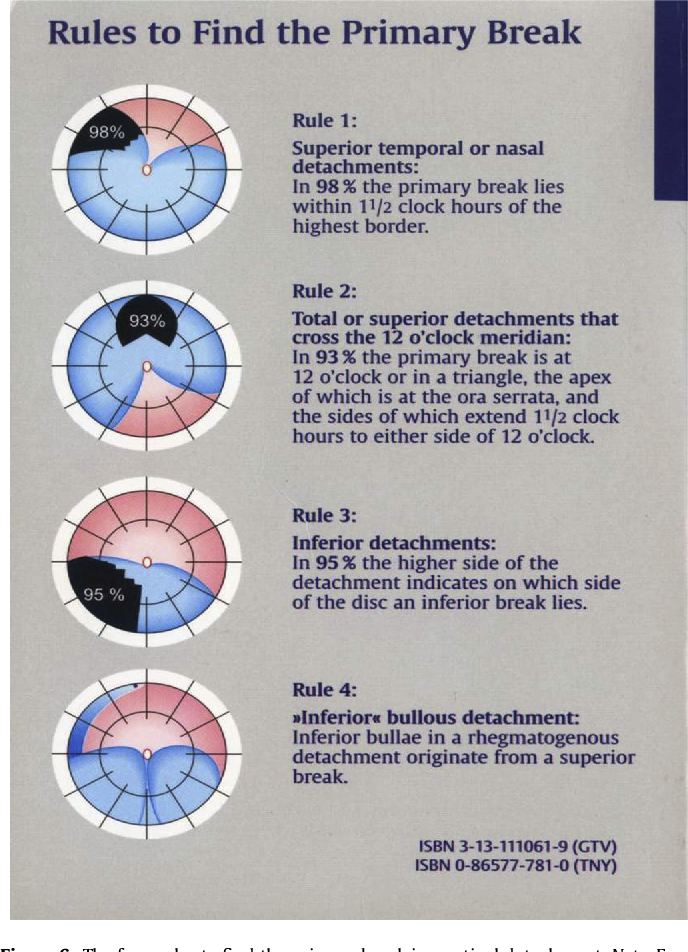 You have a sense of realism about what you can do for yourself and for your family.
You have a sense of realism about what you can do for yourself and for your family.
It is true that you can gain all these benefits from achieving emotional detachment in marriage. However it is also important to remember that emotional detachment might not end up feeling as satisfying as you expect it to.
Pin for later!The disadvantages of emotional detachment in marriageEmotional detachment in relationships, compassionate or not, can feel uncomfortable and lead to other issues. For example:
- Likelihood of eventual divorce is high. A predictor of divorce is emotional withdrawal from your spouse.
- Resentment can develop on your partner’s end. Whether you detach in a loving manner or not, your spouse could still experience feelings of abandonment and they could become resentful towards you.
- Boredom. Emotional disconnection involves spending less time with your spouse while still living with them.
 Even if you have hobbies to take up some of your time, you could still be bored at home because you cannot have fun with your spouse.
Even if you have hobbies to take up some of your time, you could still be bored at home because you cannot have fun with your spouse. - Loneliness. Just as easily as you can get bored within your family set up, being emotionally detached can also be lonely.
- Anxiety and depression. It takes a lot of emotional energy and suppression of emotions to detach from someone you love so much. Emotional disconnection can lead to feelings of anxiety and depression because you have to suppress your feelings. When your feelings do not have an outlet, that can sometimes lead to anxiety and depression.
Are you in a marriage that is forcing you to consider emotionally detaching?
READ
The most important things to talk about before marriage
Reassurance after Cheating: Rebuilding Marriage after Infidelity
The most important things to talk about before marriage
Please follow and like us:
How to build relationships in a couple.
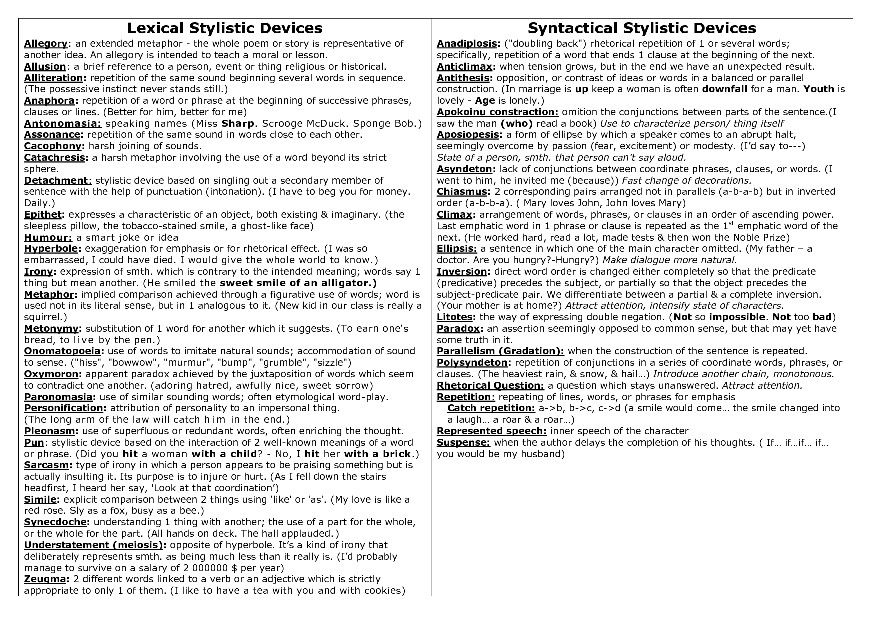 Interview with a psychologist
Interview with a psychologist Olga Primachenko's new book "I'm at home with you" has been published. It tells what practices in relationships help build trusting communication, find mutual understanding and maintain intimacy. We spoke with the author about what are usually the most pressing problems in a relationship and what can be done to solve them.
Advertising on RBC www.adv.rbc.ru
Olga Primachenko, journalist, psychologist, author of the books “To Myself Gently” and “I’m Home With You”, a certified specialist in working with metaphorical associative cards
What are the most common problems couples face today?
First of all, this is an emotional dependence, when our emotional state is inadequately strongly dependent on the behavior, words and thoughts of a partner. We endlessly analyze whether everything is fine with us in a couple, and endlessly lie on the imaginary couch of a psychoanalyst instead of loving and living.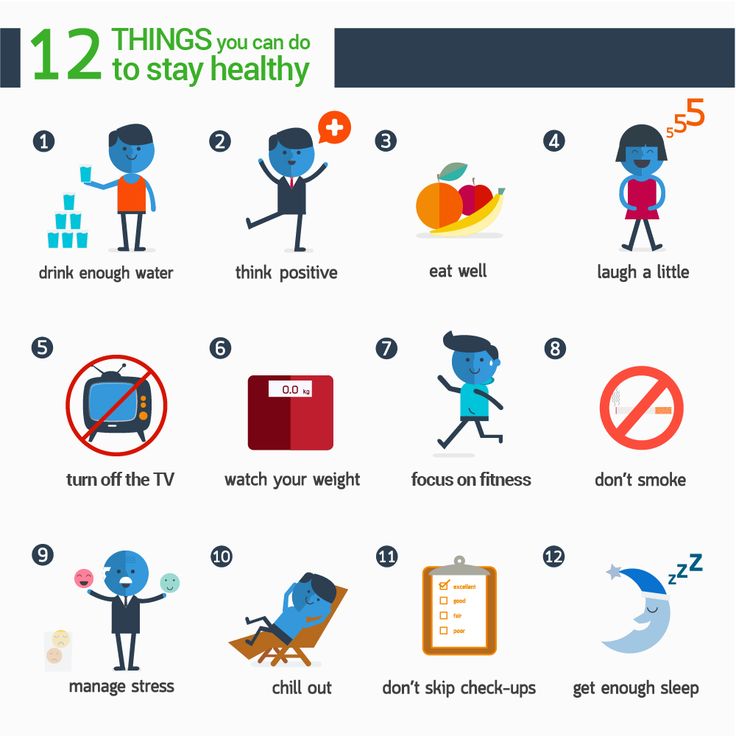 In this case, one of the partners develops incredible sensitivity to the slightest signals of “ill-being” in a couple - not “that” intonation, not “that” look, not “that” looked - and begins to worry, worry and take out the brain of another.
In this case, one of the partners develops incredible sensitivity to the slightest signals of “ill-being” in a couple - not “that” intonation, not “that” look, not “that” looked - and begins to worry, worry and take out the brain of another.
There is also the problem of violence. When one says, "You're hurting me, stop it," and the other doesn't respond because they're blinded by anger or don't think their partner has a say at all. Violence can be not only physical, when beaten, but also sexual, when forced to have sex, economic, when financially controlled and exploited as servants, and psychological, when intimidated and insulted.
Among the frequent problems is also a fading libido. When you no longer want to touch your partner, hug him and kiss him. Sex happens less and less, and thoughts about someone else or a breakup appear more often.
Next to him - boredom or fatigue from each other. When everything is so smooth that nothing. Or vice versa - a lot of emotions, but all negative: the partner is annoying and seems to consist of some shortcomings and mad features. Or he “stopped in development”: he doesn’t need anything, he is ready to lie on the couch and watch TV shows, while the other one is still interested in life, he still wants to try new things, move somewhere.
Or he “stopped in development”: he doesn’t need anything, he is ready to lie on the couch and watch TV shows, while the other one is still interested in life, he still wants to try new things, move somewhere.
What are the main causes of these problems?
That life is unpredictable, and there are no guarantees in love. The bitter truth: tomorrow everything can go awry, you can never foresee everything to the smallest detail and prepare for everything.
For the last couple of years we have been living in conditions of terrible stress, fears about the future and the inability to really rely on anything: we plan carefully - for a maximum of a month. Naturally, not everyone has enough mental strength to remain "in the resource, moment and adequate" - we are more often irritated, more often angry, more often afraid, and therefore - more often we break down on each other.
As the comedian Pavel Rodevich wittily noted, “due to the general self-isolation around the world, the number of divorces has increased: it turns out that when choosing a person for life, people did not think that they would have to live with him for a whole week. ”
”
The myth of ideal love also does a lot of harm. In short: in a couple, everything should always be good, smooth and sweet, therefore, if ugly feelings, quarrels and misunderstandings suddenly arise, then “everything is gone”, this is definitely a sign that love is over.
And not the best contribution to the formation of a model of healthy relationships is made by media culture, which presents love as eternal suffering, wrapped in a wrapper with a drama effect. Unfortunately, the same teenagers, who often do not have a clear example of a warm and trusting relationship between their parents, learn exactly this: love is not about quiet joy, but about “passionately quarreling, leaving and returning”, and the brighter the emotions in the relationship, the stronger it is. "the present". And then we get what we get: the belief that "butterflies in the stomach" should flutter to a ripe old age and "if your party is not like this, don't even try to invite me."
Do modern couples have any particular problems? Which?
I am not a family psychologist and cannot rely on direct experience of counseling practice, but what I hear in personal conversations allows me to note the following: modern women who are used to working hard and earning good money find it very difficult to go on maternity leave when I have to ask for money "for myself" from my husband. There is also a stark contrast between the amount of recognition a woman has received at work and the amount she is receiving now: so, instead of admiring a great deal closed or the most difficult negotiations successfully carried out, it’s good if a husband appreciates how much she does around the house, and does not ask: “You I just sat at home with the baby all day. What could make you so tired? This depreciation is incredibly destructive for the union and detrimental to the woman's self-esteem.
There is also a stark contrast between the amount of recognition a woman has received at work and the amount she is receiving now: so, instead of admiring a great deal closed or the most difficult negotiations successfully carried out, it’s good if a husband appreciates how much she does around the house, and does not ask: “You I just sat at home with the baby all day. What could make you so tired? This depreciation is incredibly destructive for the union and detrimental to the woman's self-esteem.
If it's so complicated, why do people keep being together? If economic and social conditions allow to be alone?
Because like Tarkovsky in Solaris: “We don't know what to do with other worlds. We don't need other worlds. Human needs human".
Our biology is prosocial: in infancy, we calm down not because mom says: “Hush, hush, everything is fine” (we are simply not yet able to understand words), but because we synchronize with her even breathing, feel her soft touch, hear warmth in her voice, we see her look filled with tenderness.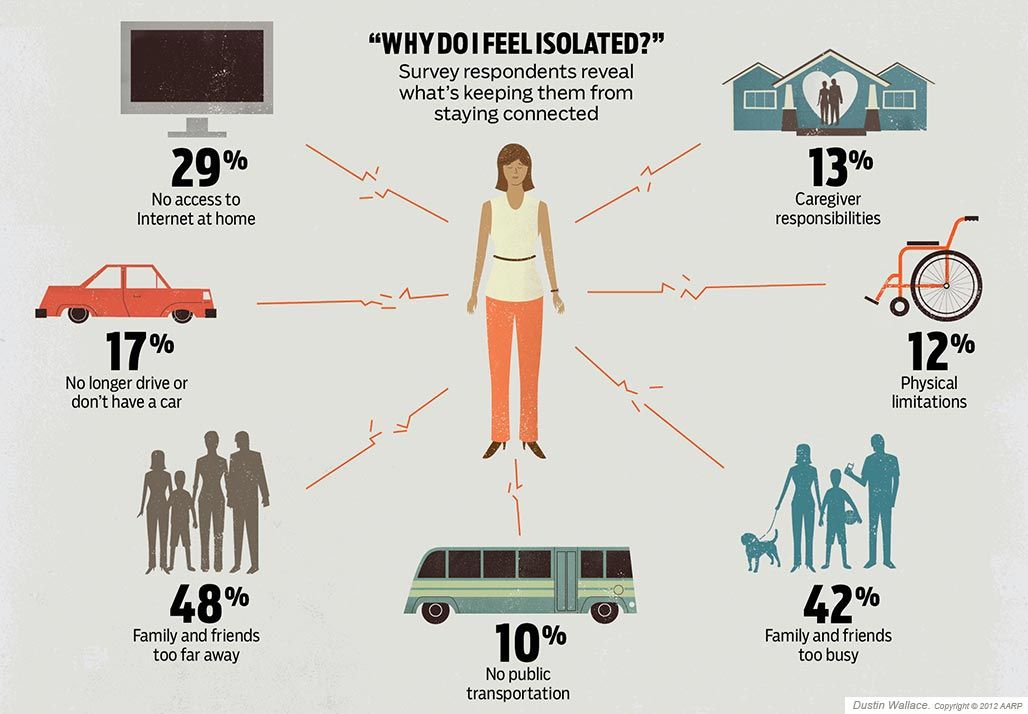 In moments of danger and stress, we are not looking for logical explanations (we are looking for them later, having calmed down), but for another person. A shoulder to lean on. A hug that restores our faith that the worst is over, to live safely again.
In moments of danger and stress, we are not looking for logical explanations (we are looking for them later, having calmed down), but for another person. A shoulder to lean on. A hug that restores our faith that the worst is over, to live safely again.
The world is stormy and shaking, and today the need for another person — one who, unlike the chatter outside the window, is reliable and predictable, grows many times over.
Why, then, is the idea that being alone is not at all scary?
It's really scary to be alone! Even if we can take great care of ourselves (young, healthy) and buy ourselves half the world, we still have a deeply normal need to be with someone. To be "seen", reflected, recognized by this someone. It’s not for nothing that “loneliness together” is so frightening - when it’s like being married, but they look at you like an empty place.
Let's look at self-sufficiency. What does her healthy form look like? How to distinguish it from violation of attachment, fear of rejection and other things?
A healthy form of self-sufficiency is when "I love you and myself.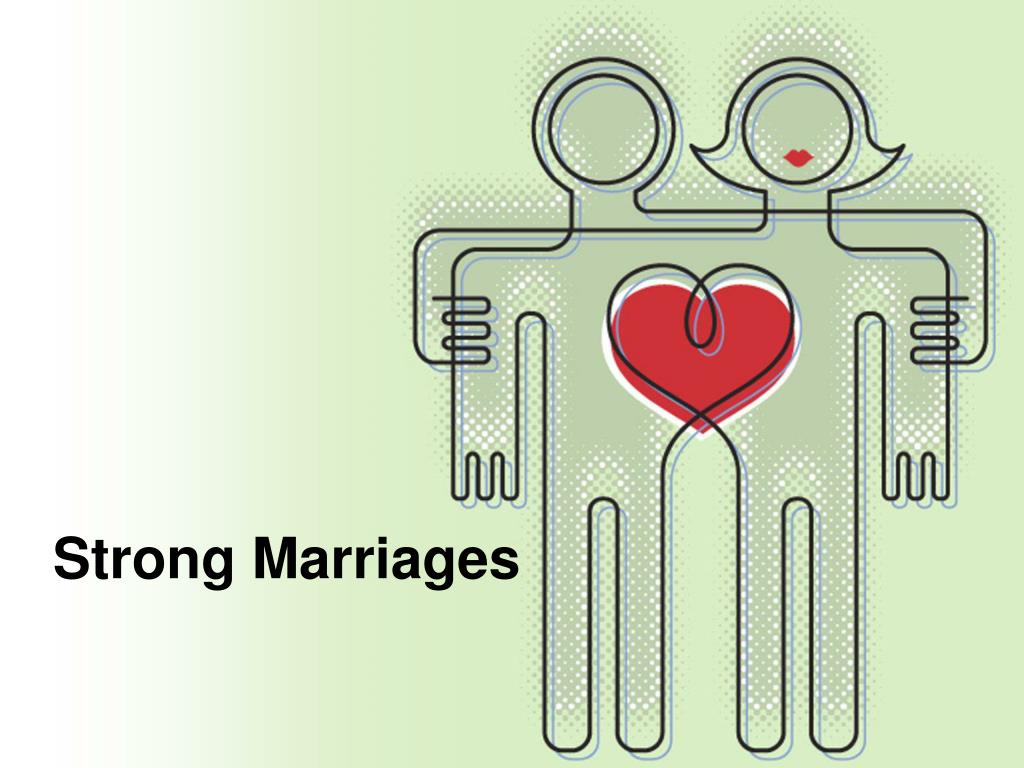 " That is, I understand who I am and what is important to me, and I realize in which of my relationship needs I can “move” and in which I can’t, because without their satisfaction I will slowly and painfully die. For example, someone likes to read a lot, and it is very important for him to discuss what he read and share his impressions of the book. It's okay if your partner doesn't like to read. It is not necessary to forcefully draw him into “literary” conversations or consider him somehow wrong because of this feature. You can take your soul away in a reading club or with friends who love to read. To show self-sufficiency in such a situation is not to give up one's need, but to find how to satisfy it in another way, that is, to make oneself feel good without harming the partner and not considering one's marriage a failure.
" That is, I understand who I am and what is important to me, and I realize in which of my relationship needs I can “move” and in which I can’t, because without their satisfaction I will slowly and painfully die. For example, someone likes to read a lot, and it is very important for him to discuss what he read and share his impressions of the book. It's okay if your partner doesn't like to read. It is not necessary to forcefully draw him into “literary” conversations or consider him somehow wrong because of this feature. You can take your soul away in a reading club or with friends who love to read. To show self-sufficiency in such a situation is not to give up one's need, but to find how to satisfy it in another way, that is, to make oneself feel good without harming the partner and not considering one's marriage a failure.
When attachment is broken under “self-sufficiency”, a person hides the refusal of intimacy and the fear of it: “I don’t need anyone, I feel good alone.” Such people can even perceive a caring request “Call me, please, when you get there” with hostility and interpret it as a violation of their boundaries (“What else, I won’t report to anyone!”). Having no experience of secure attachment, they carry their self-sufficiency like a flag: proudly and defiantly. “I can manage without you”, “I can handle it myself”, “See you when we see each other, that’s all for now.” And there's nothing you can do about it: until the person himself realizes that he has problems establishing normal relationships (that is, it's about himself, and not about retrograde Mercury and "tantrums around"), trying to "cure and save" him is a waste forces.
Having no experience of secure attachment, they carry their self-sufficiency like a flag: proudly and defiantly. “I can manage without you”, “I can handle it myself”, “See you when we see each other, that’s all for now.” And there's nothing you can do about it: until the person himself realizes that he has problems establishing normal relationships (that is, it's about himself, and not about retrograde Mercury and "tantrums around"), trying to "cure and save" him is a waste forces.
As I write in my book, you can endure a lot "in the name" and then one day leave - for yourself. No need to play rescuers and believe that you can overcome the weaknesses of your partner with the power of your love. Healthy relationships are not about that.
Personal therapy in marriage: how does it work?
First of all, personal therapy helps each partner to notice himself. To understand how it is possible and how it is impossible. What is unacceptable for him and where he has already “moved” so much in something to please his partner that he completely pushed himself.
In therapy, we begin to understand that it is necessary to speak with a partner “through the mouth”, and not with hints, glances and loud silence. We can't read minds. Why, we often even put different things into the same concept. Therefore, a person also learns to clarify: “You know, it was insulting just now. Like my opinion means nothing to you. Is that really true?"
And the therapy also allows us to realize how ready the partner is to hear what we are saying (especially the phrase “It hurts me, don’t do this again, please”). Hear - and listen, and not devalue, brush aside and discount.
Is it true that therapy often leads to divorce? This is something that many are afraid of and because of which they put off working with a psychologist.
Not a single adequate psychologist, having learned about your problems in the family, will tell you: "Oh, guys, there is nothing to catch here - Lord, burn!" But through therapeutic contact with him, when you understand from your own experience what it means to speak and be heard, to express yourself and not be afraid to be yourself, you understand a lot about the quality of your relationship. And you leave them not because of a psychologist, but because it becomes clear: this is not what you need.
And you leave them not because of a psychologist, but because it becomes clear: this is not what you need.
For example, it turns out that in your relationship one is right, and the other is always, always a fool. Or the needs of one are important, but the other is not. Or suddenly it turns out that you are not a loser and not an idiot - you have something to be proud of and something to appreciate in yourself, just next to you is a person who is more comfortable and safer for you to believe the opposite. And your life is not expendable material for acting out the psychological problems of another.
Therefore, I answer the question: it is not therapy that leads to divorce, but a changing attitude of a person towards himself.
How do you decide to end a relationship? How do you know when it's time to do it?
First of all, you need to understand that the decision to part is always only your decision, which cannot be entrusted to a psychologist, church, parents or friends. Because it’s not for them to deal with the consequences, but for you. Others will shake their heads, regret it, and go about their business. And you get out - and live.
Because it’s not for them to deal with the consequences, but for you. Others will shake their heads, regret it, and go about their business. And you get out - and live.
Understanding that you no longer love a person, everyone discovers in himself in different ways. Someone realizes this in an instant, and someone loses the power of feelings for a partner drop by drop, as if diluting the juice with water day after day, until he has neither taste nor color.
If I single out something special (besides the most critical - the presence of violence in the family), then I will note the following points:
- The desire to take care disappears. Completely. When, instead of picking up a “dog” for your partner for work, you simply say where everything is and add: “Not small (small) - you can handle it”;
- Compliments and words of support are also disappearing - they are literally dying out as a species;
- Loss of desire to speak. You are so used to the lack of at least any interest on the part of your partner that you understand: “What is the point of telling what is new with me if he doesn’t know anything about the old either? .
 .”;
.”; - Compatibility is lost. Everyone is more comfortable on their phone, in their corner, with “their” friends and interests;
- Loss of sexual interest (sometimes to the point of aversion to being touched) and the words "I love you" get stuck in the throat because the tongue doesn't turn around to say them.
And what appears? Indifference and detachment (even a kind of ruthlessness towards a partner and his problems), nostalgia for a past life, a lot of irritation (when insults arise out of thin air and scandals are arranged over trifles), a lot of criticism, devaluation, malicious ridicule and comparisons are not in your favor .
What indicates the need to maintain the union?
Again, this is not a question for a psychologist.
A person decides for himself how much strength he has now to leave the union, and how much strength to continue it. When you understand who and what you are, what you can rely on, what resources you have (including financial ones), when self-respect and self-confidence are not words from books about unicorns, but concepts that have a specific meaning in your life. expression in specific actions towards yourself, you learn to appreciate not only yourself, but also the other. In the sense that you realize the value of the free choice to stay with someone, to choose to love this person, despite disagreements and “ugly feelings”.
expression in specific actions towards yourself, you learn to appreciate not only yourself, but also the other. In the sense that you realize the value of the free choice to stay with someone, to choose to love this person, despite disagreements and “ugly feelings”.
Living with another person is inherently difficult, and it doesn't matter if you've been together for a year or fifteen years. It is important that in the most violent quarrel you still clearly understand in the depths of your soul: “I don’t need anyone else, nothing else - and I want to live, and love, and quarrel, I want only with him alone.”
That's when you have this understanding - it's definitely a sign that you still need to fight, that not everything is lost, that this is definitely not the case when "started for health - finished for peace."
"Happiness is reality minus expectations." Family Psychology Interview
In your book, you offer ten psychological exercises. Can you recommend one of them now?
There are ten exercises in the book, divided into three blocks: in the first - those that will help you better understand what you need from a relationship if you are single or just started dating someone, in the second - exercises that allow you to strengthen your already an existing connection, and in the third - exercises designed to make it easier to live a separation or divorce.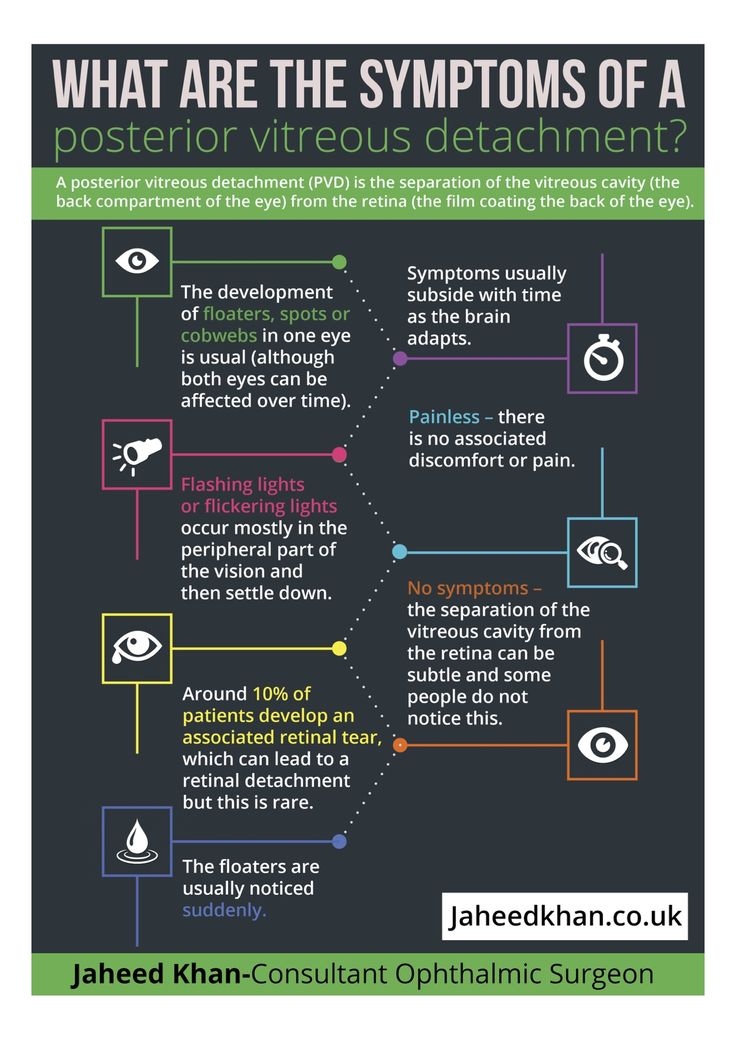
If I were to give an exercise from a book that could be helpful to everyone, no matter what relationship status they are currently in, I would choose the Relationship Problem Solving Matrix. It contains 33 questions through which, like a sieve, you can pass problem situations in a couple in order to benefit from them and direct the conflict in a constructive direction.
So formulate for yourself the problem that you and your partner are arguing about, for example: “It pisses me off that my husband’s relatives interfere in our affairs” and run it through the following questions. An important nuance: you ask questions to yourself, not to your partner (unless otherwise agreed).
- How (when) did it all start?
- What do I see as the cause of the conflict?
- What does the partner see as the cause of the conflict? (ask him)
- What need of mine is being violated in this situation?
- Can I meet this need in another way?
- With the help of whom or what?
- What is the context of the situation? What else is happening around the important / global / resource-intensive?
- What does the solution to the problem look like that will suit me?
- What does the solution to the problem look like that will suit the partner? (ask him)
- What will it all come to if the problem is not solved and everything is left as it is?
- Is it possible to solve the problem with money?
- Who can I involve in solving the problem? With whom can I discuss, consult?
- Will this issue be important in a month? And in a year?
- What can't be changed about this problem? What is impossible to control in principle?
- What can I realistically change? What can I influence?
- With whom have I had similar problems in the past? How did I solve them then?
- How do I feel in this situation? (name the feelings experienced, highlight the key emotion)
- How will I feel when the problem is solved? (try to visualize this state clearly)
- How does my body respond to this problem? What is happening to him?
- What am I really afraid of in this situation? What is my true fear?
- Worst case scenario.
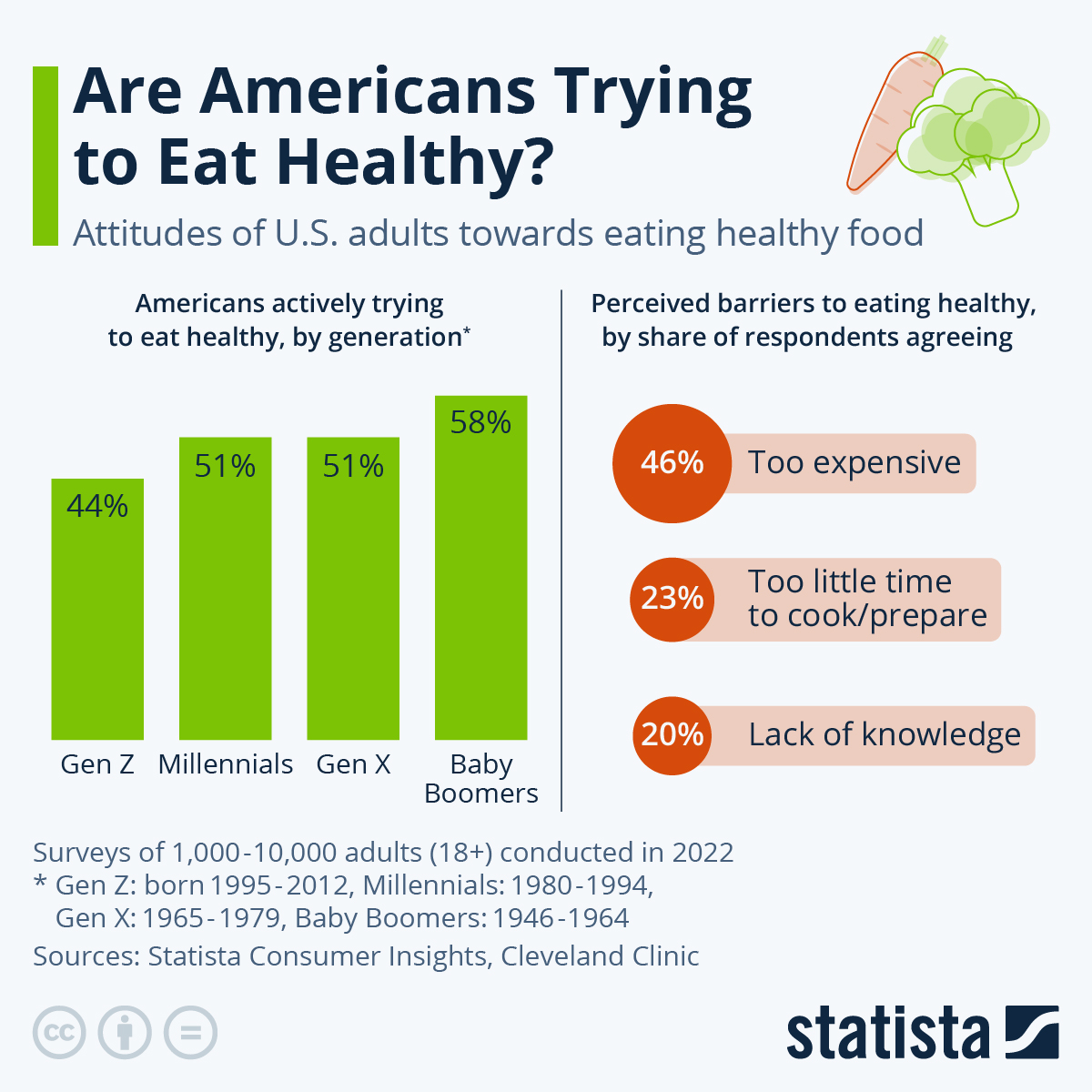 Plan B in this case?
Plan B in this case? - What upsets me the most in this situation?
- What is being overemphasized in this conflict, and by whom? Where does the lion's share of energy go?
- How does this problem affect me, what changes in me?
- What can no longer be delayed?
- Between what and what does each of us in this situation have to choose?
- What will the partner lose if he does what I want?
- What metaphor can you come up with for this problem? What does it all look like?
- What can be chosen instead of struggle and confrontation?
- How can I take care of myself in this situation? And right now?
- From what role do I decide this question? Can I change it, choose another one?
- What do I expect from a partner now? Are these expectations adequate to the circumstances in which we now find ourselves?
- How much time can I give myself to solve this problem?
- By what signs will I understand that the problem has been resolved and the conflict has been resolved?
Tags: psychology , relationship , books
Lack of emotional connection with husband
Women crave emotional connections. It is an ingrained personality trait that allows you to form a deep attachment to your husband, develop physical intimacy in your marriage, and continue to grow in love.
It is an ingrained personality trait that allows you to form a deep attachment to your husband, develop physical intimacy in your marriage, and continue to grow in love.
Therefore, it is especially detrimental to your emotional health and the health of your marriage when you do not feel an emotional connection with your husband.
A situation where you do not feel emotional attraction to your husband can seriously undermine your marital happiness.
This can be especially painful if you had a healthy emotional connection at the beginning of the relationship.
Perhaps he was once attentive and insightful. You may have spent hours talking together before. However, at present, he is not bothered to simply reply with a text message or share his thoughts.
The loss of this emotional connection can seriously damage your marriage. These are nothing more than signs of emotional detachment in marriage.
These are nothing more than signs of emotional detachment in marriage.
Take the test: How healthy is my marriage?
The longer the disconnect lasts, the stronger you feel about living as roommates instead of lovers.
Lack of emotional connection in a relationship or intimacy in a marriage does not mean emotional intimacy in a marriage. The lack of emotional support from your husband takes the trust, happiness, and comfort out of your balance with your spouse.
"I don't feel connected to my husband anymore" - if you're suffering from this whining, paralyzing feeling, most often it's time to look for signs that suggest you're drifting away.
Lack of emotional connection with her husband is a terrible condition that requires immediate attention and corrective action.
The reason for the lack of emotional connection may vary from your husband's obvious negligence, or he is simply not emotionally intelligent .
Whatever the reason, you must first look for obvious signs that the relationship has become emotionally distant.
See also: How to Express Feelings and Emotions
Signs of Emotional Withdrawal
Here are some common signs that indicate a lack of emotional closeness in a marriage and how you are emotionally withdrawing from your husband.
You stop coming to him for advice
One of the signs that you don't feel emotionally connected is that you stop coming to your husband for advice or his thoughts on what's going on in your life.
It's because you either feel like he won't care about your problems, you no longer respect his opinion, or you think "I feel like my husband is neglecting me" and you aren't emotionally confident enough to share your problems .
Lack of emotional support from your husband can be a severe blow to your sense of self-esteem and can make you feel withdrawn and less likely to seek his advice.
You stop sharing your life
As in the previous case, instead of not sharing your problems, you find that you no longer share anything with your husband.
Lack of intimacy with the husband, emotional disunity in marriage and feelings of neglect by the husband lead to an inability to share each other's lives.
Your conversations consist of simple pleasantries before you decide to spend the night in front of the TV. You no longer share the details of your work, family, your friends or your children.
You don't think he deserves to know what's going on in your life.
When there is no emotional connection in a relationship or there is no intimacy in marriage from the husband, there is nothing that you or your partner should share with each other.
You stop having sex
An important signal that you do not have an emotional connection with your husband is that you no longer want to be close to him. Without an emotional connection, you just can't imagine sharing so much of yourself with him.
Without an emotional connection, you just can't imagine sharing so much of yourself with him.
If your emotionally withdrawn husband neglects you, you may even start using the gatekeeper method of withholding sex as punishment.
You begin to feel withdrawn from the p relationship and have no emotional connection with it.
You are deliberately critical
Because you feel emotionally disconnected and hurt, you look for ways to hurt him. You begin to feel isolated from your husband and face increasing emotional detachment in your marriage.
So you will find ways to deal with it. You see his unwashed coffee cup in the sink and call him lazy, or you see him as a canceled DIY project and say he doesn't care about your house. You can find the smallest thing worth criticizing for.
This is dangerous behavior, studies show that t criticism in marriage can lead to increased depressive tendencies in couples.
Even if you are upset, know that if most of your conversations are criticism, your husband is likely to distance himself even more from you.
Lack of emotional connection with your husband can often lead you to be too critical.
Side effects of not being emotionally connected
Not being emotionally connected to someone you want to spend the rest of your life with is more than a minor problem. These are harmful signs of emotional neglect in a marriage.
If you have been trying to contact your husband and find that he keeps turning you away, this can lead to feelings of hopelessness.
This is a frustrating and demoralizing experience that can lead to serious emotional side effects if not dealt with. Some of the side effects are listed below.
Loneliness and depression
You and your husband made a vow for all eternity and yet you feel like you are spending your days alone.
Loneliness upsets. The situation gets worse when you lose contact with your husband.
You keep thinking, "My husband doesn't love me." Loneliness and disappointment will become your constant companions.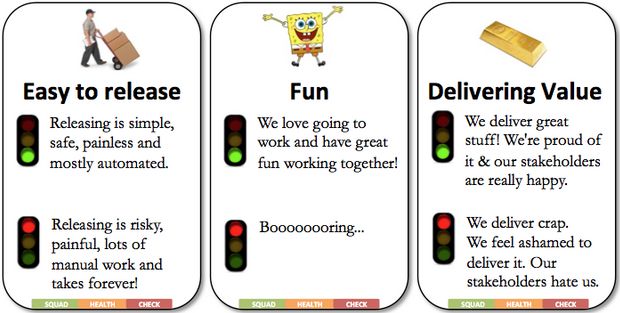
Self-doubt
There is nothing more paralyzing in life than self-doubt. When you can't emotionally connect with your husband, you may start to doubt yourself.
Are you not a good enough wife? Does your husband not love you enough to share his emotional side? Isn't he emotionally connected to you because he's already doing it with someone else?
These questions can lead to jealousy, paranoia and low self-esteem. But the best way to save yourself from self-doubt is identify signs of emotional neglect in marriage and learn how to correct emotional withdrawal.
You are moving away
Lack of emotional connection with your husband can be detrimental to your marriage. The more you try to get him to connect and not feel anything in return, the more you will drift apart.
Once you feel "rejected" from emotionally intimate conversations, you simply stop trying to share yourself with your husband both sexually and psychologically.
After all, getting over an emotionally abandoned marriage is not easy.
Infidelity
The feeling of emotional neglect of a woman is very similar to the sexual neglect of a man. This makes you believe that your partner no longer cares about you or your needs.
Loneliness and neglect can quickly turn into anger and resentment towards a partner. Combined with insecurity, these emotions can make you ripe for romance. The reason is that you already felt distant in the relationship.
How to reconnect emotionally
The longer you let an unspoken problem fester within you, the more offended you will be.
You should never sit on there is a problem in your marriage because a marriage without emotional intimacy will not fix itself. You need to learn how to communicate with your partner again.
Here's what you can do to get things under control.
Communicate
Politely tell your husband how you are feeling.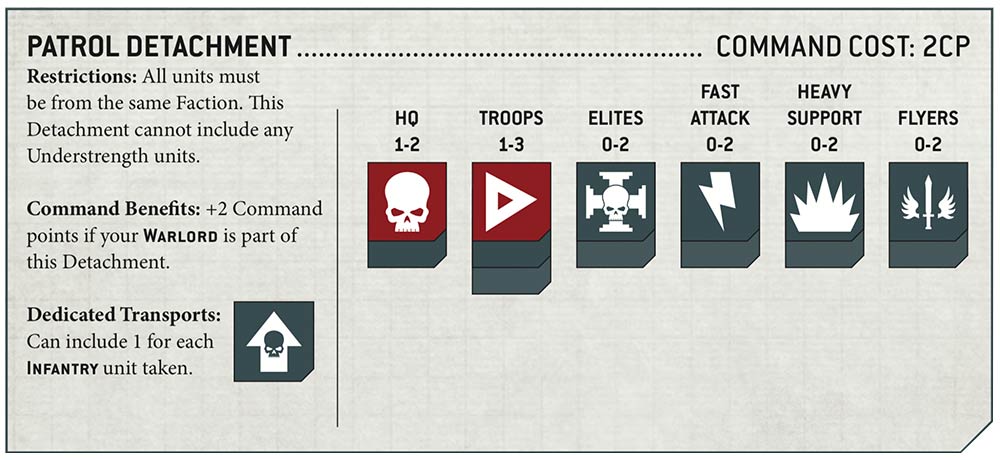 Tell him that you don't feel as close to him as you used to. Ask if there is anything you can do to help you get back together.
Tell him that you don't feel as close to him as you used to. Ask if there is anything you can do to help you get back together.
This can open up a conversation and allow both partners to share their concerns.
Don't try to blame
When you talk about your lack of emotional connection with your husband, it's important not to play accusatory.
Don't tell him it's his fault that you feel disconnected. This will make him defensive and create unhealthy communication. Instead, express your desire to be with him the way you once were.
Dating schedule
Dating is essential for a happy marriage, especially for those who have children. Even though you are parents now, it is important to remember that you are still friends who have fun together.
Making a date once a week and following it religiously will create a deeper emotional connection for both parties.
Take up a hobby together, go to a restaurant or watch a movie, go for a run together or just have a drink.
Whatever you do, make sure it's something you both enjoy when you can talk and share with each other, just like you did before when you were in the dating phase of your relationship.
Having sex
It can be difficult, especially if you don't feel emotionally connected, but sex will benefit both of you. Sex that leads to orgasm is one of the highest doses of oxytocin or "love drug" you will ever get.
In women, this hormone is released after orgasm and creates an intimate bond of trust by stimulating certain brain sensors.
Also, remember the signs of an emotional connection you once felt from him, start working on things that used to make him smile, and soon you will see a difference!
Oxytocin also stimulates attachment and empathy. In men, sex with a partner stimulates the reward center in their brain and releases a release of dopamine throughout the body.
In general, sex is a link that is good for your relationship .